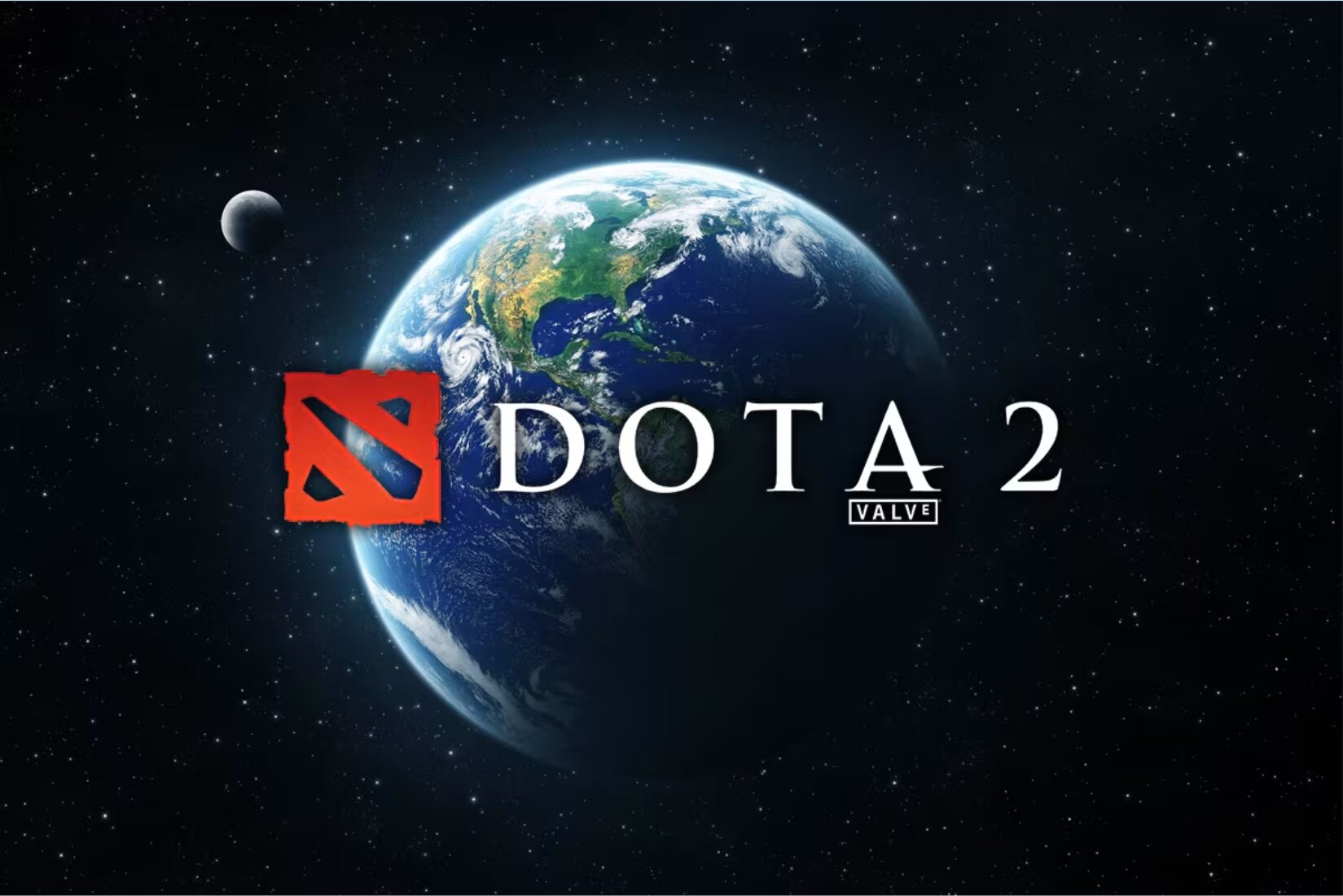
Predicting the outcome of a Dota 2 match is far more than simply guessing which team will win. Dota2 match prediction tips aim to provide a structured framework for understanding how different factors combine to determine outcomes. Predictions can focus on various angles, such as:
- Match winner: The team statistically most likely to win.
- Map score predictions: Especially important in best-of-three or best-of-five series.
- Draft and strategy analysis: Examining hero picks, bans, and overall team synergy.
- Player performance forecasts: Estimating how key cores and support players will influence results.
By understanding these types of predictions, fans, analysts, and bettors can approach each game with a clear methodology rather than relying on gut instinct.
Quick Look
Key Variables That Influence Outcomes
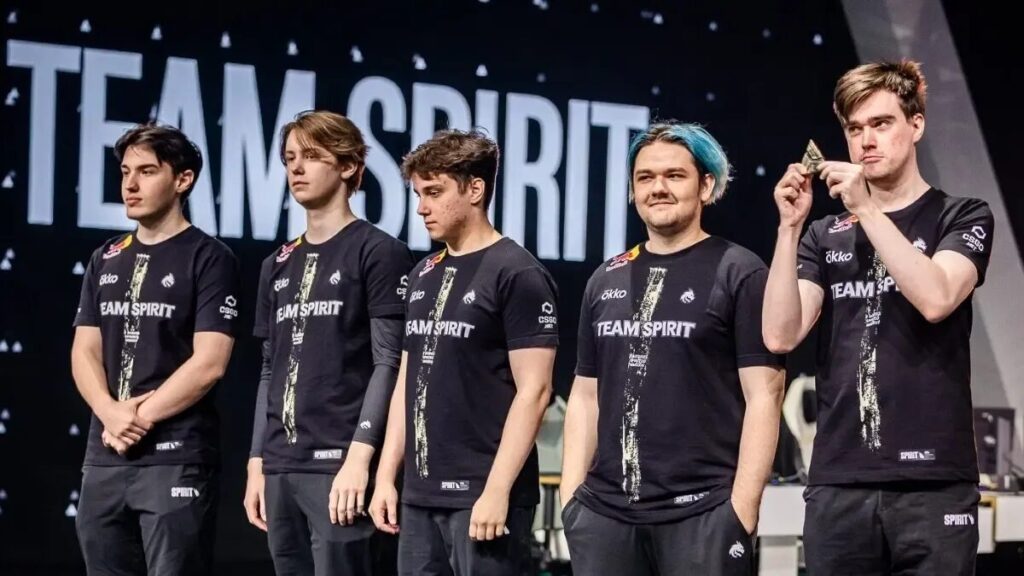
Image Credit: Gosu Gamers
Successful match predictions take multiple variables into account. These factors provide the foundation for informed analysis:
Team Form and Momentum: Recent streaks, playoff experience, and consistency under pressure can strongly indicate a team’s likelihood of success. Observing patterns over both short-term and long-term periods is essential for accuracy.
Player Impact: Both core and support roles influence outcomes. Core players often dictate tempo and key objectives, while support players manage vision, rotations, and crowd control, directly affecting mid-game strategy.
Draft and Meta Considerations: Hero composition and draft strategy are crucial. Understanding meta shifts, comfort picks, bans, and counter-picks helps determine which team enters the match with an advantage.
Head-to-Head Performance: Historical matchups often reveal tactical advantages or psychological edges that can influence results.
External Variables: Travel fatigue, LAN versus online conditions, and regional playstyle differences can subtly affect performance but are important in high-level competitions.
Essential Tools and Resources for Prediction
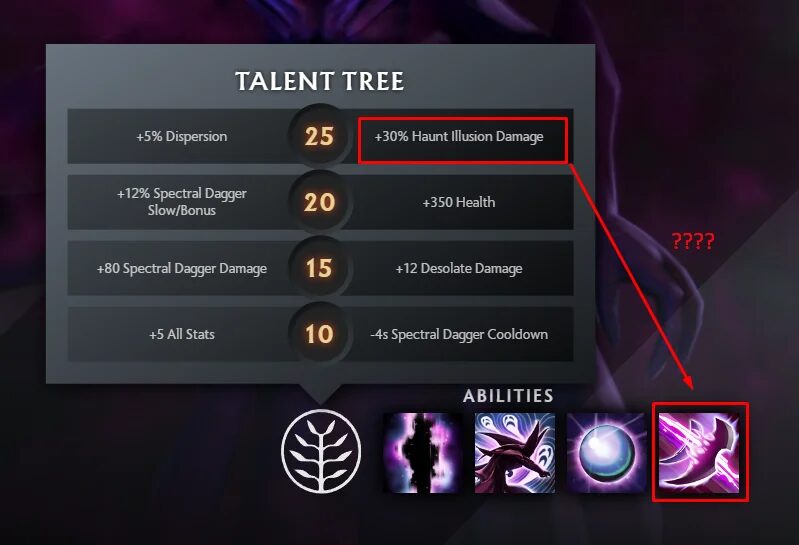
Modern Dota 2 analysis relies heavily on data-driven tools:
- Official stats platforms: Dotabuff, Stratz, and Spectral Stats provide metrics on hero win rates, player performance, and team composition trends.
- Prediction websites: Tips.gg, EGamersWorld, and bo3.gg offer community insights, pre-match odds, and data-backed forecasts.
- AI-driven models: Machine learning tools analyze drafts, player form, and historical outcomes to calculate win probabilities.
Tip: Combining multiple sources allows analysts to compare statistics with expert interpretation, providing a more complete picture before making predictions.
How to Make Predictions Step by Step – Dota2 match prediction tips
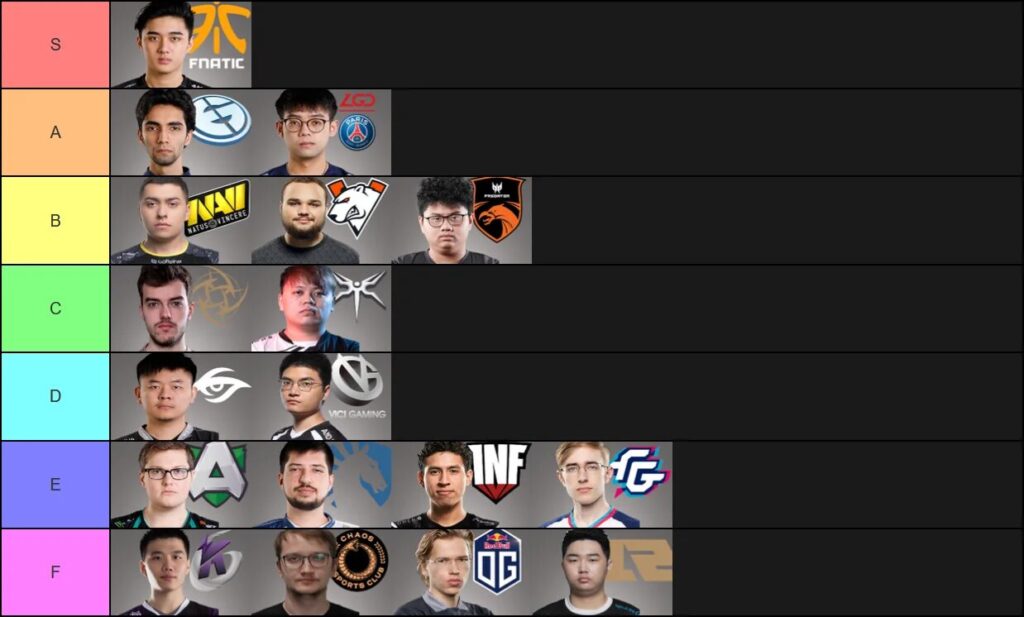
A systematic approach ensures predictions are thorough and structured:
- Assess Team Form: Examine recent results, consistency, and performance in different tournament stages.
- Evaluate Player Metrics: Review KDA ratios, hero pools, and adaptability of core and support players.
- Analyze Drafts: Identify comfort heroes, counters, and team synergies that may determine early advantages.
- Check Historical Matchups: Consider head-to-head records and rivalry dynamics.
- Factor Contextual Conditions: Include series format (BO1, BO3, BO5), venue type, and fatigue levels.
- Spot Value Opportunities: Identify underdogs with favorable odds relative to their statistical likelihood of winning.
Pointing out these steps helps ensure predictions are consistent, reliable, and based on measurable indicators rather than subjective opinion.
Common Mistakes to Avoid – Dota2 match prediction tips

Even experienced fans make errors when predicting matches. Frequent pitfalls include:
- Overrating Individual Players: One star player rarely defines the outcome if team synergy is weak.
- Ignoring Patch Updates: Hero viability can shift significantly with patches, affecting both team strategy and predictions.
- Relying on Social Media Hype: Fan sentiment can distort perception and create biased forecasts.
Pro Tip: Always cross-check data across multiple metrics to mitigate the risk of overconfidence or misleading trends.
Lessons from TI 2025
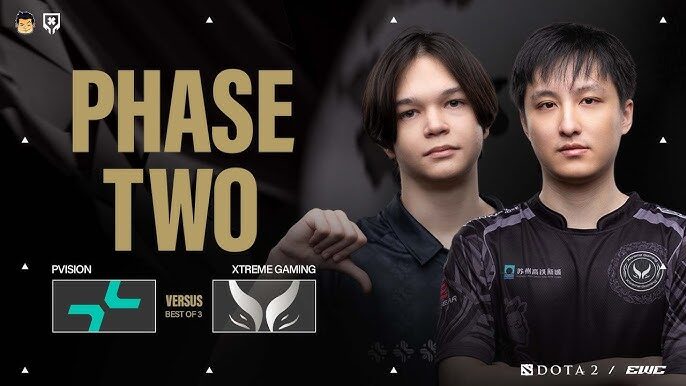
TI 2025 provides practical examples of data-driven predictions in action:
- BetBoom vs HEROIC: Statistical consistency favored BetBoom, but HEROIC’s flexible drafts nearly caused an upset.
- PARIVISION vs Team Falcons: Falcons’ superior laning stats and draft synergy explained their success despite balanced hype.
- Xtreme Gaming vs PARIVISION: Long-term stability outperformed streak-driven predictions, demonstrating why historical performance is essential.
These examples reinforce the importance of combining data, context, and draft analysis rather than relying solely on intuition.
The Future of Predicting Dota 2 Matches
The field of predictive analysis in Dota 2 continues to evolve rapidly:
- AI and Machine Learning: Predictive models can now incorporate live in-game events for dynamic win probability updates.
- Community-Contributed Insights: Fan analysis and discussion add qualitative data that complements statistics.
- Real-Time Analytics: Live prediction tools enable adjustments as matches progress, making forecasts more responsive and actionable.
Although Dota 2 retains its inherent unpredictability, these developments allow for more structured and informed approaches to forecasting outcomes.
Conclusion – Dota2 match prediction tips
Dota2 match prediction tips are most effective when approached with a structured, step-by-step methodology. By analyzing team form, player performance, drafts, head-to-head history, and external variables, predictions can be made with greater accuracy and reliability. Whether for fans following competitive tournaments or bettors navigating esports odds, adopting a data-driven, methodical approach transforms predictions from mere guesses into informed forecasts that reflect the complex nature of professional Dota 2.



